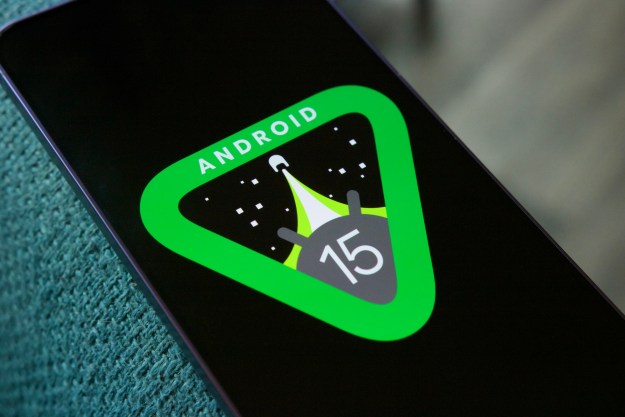There has always been a debate about whether or not exposure to radio frequencies is harmless or not, and that debate will likely be ongoing for some time now. A new report from the Chicago Tribune, however, suggests that we might be subject to a little more radio frequency radiation than previously thought.
The report details a number of tests conducted by researchers and paid for by the Chicago Tribune — and notes that many popular smartphones allegedly emit more radiation than claimed by the companies that make them. Not only that, but many phones exceed safety regulations set in federal guidelines.
In the report, the Chicago Tribune details that it bought 11 new smartphones of a number of different brands and tested them to see how much radiation they were giving off. There were four iPhone models and they were sent to an accredited lab for testing radio frequency radiation. Part of the tests included turning the phones to full power and placing them in a liquid that emulates human tissue.
The results? Almost every single phone exceeded limits set by the Federal Communications Commission in some instances. Radiation was most apparent when the phones were as little as 2mm away, which is a distance that’s realistic when a phone is in your pocket. Some manufacturers, like Samsung, reportedly only test phones at distances of 10 to 15mm away from the skin.
The iPhone 7 was the worst of the bunch, and its limit was more than double what Apple reported to federal regulators. The iPhone X was also over in some instances, as was the iPhone 8. Phones from Samsung, Motorola, and Vivo were also tested, and most of them also exceeded limits. Only the Vivo 5 Mini did not exceed limits at some point.
Apple, for its part, claims that the testing was “inaccurate due to the test setup not being in accordance with procedures necessary to properly assess the iPhone models.”
The report also shed some light on the arguably problematic testing phase for phones with the FCC. According to the report, both the FCC and manufacturers test phones before they’re released to the public — however only one device needs to be pass, and manufacturers are allowed to select the testing lab for devices. The FCC sees the importance of the report, too — and has said that it will conduct its own tests in coming months. We’ll have to wait and see what those results turn up.
It’s important to note that the tests were aimed at simulating a worst-case scenario for smartphones. In other words, they likely won’t emit this much radiation in most day-to-day life, unless you’re often on the phone in an area with poor reception. It’s also important to note that the Tribune was quick to point out that even if there is more radiation than previously thought, that doesn’t necessarily mean anything for human health.


